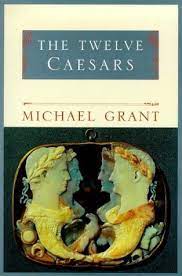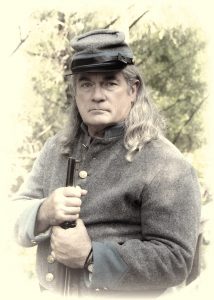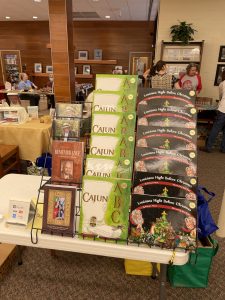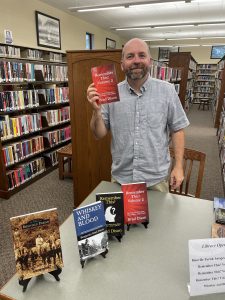
I’ve always been fascinated with the world of the ancient Romans. I still remember my mom Jessie, and her friend Maxine, taking me and my brother and Maxine’s two boys to the drive-in theatre to view Spartacus. I was fascinated, and I still remember the sadness I felt at the ending when Spartacus (Kirk Douglas) dies. As a youngster, I read everything I could about the Roman Empire.
However, it later as an adult, studying the Bible in the seminary, that I learned about the Roman emperors, and again as was my habit and nature regarding things that held my interest, I read everything I could find about them–Tacitus, Suetonius, Ovid, Josephus, and others. I learned more about them by reading Fox’s Book of Martyrs, Persecutions of the Early Church (H.B. Millman),and The Early Days of Christianity by F.W. Farrar. In my Biblical studies of Daniel and Revelation, I learned in prophecy how the emperors of Rome and their bloodthirsty empire would wage a war against Christians and the Church.
Recently, I obtained a copy of Michael Grant’s The Twelve Caesars. It was an interesting read. Grant is obviously well-read in the classics and sources and his careful research into the Caesars rewards the reader with important information and insights into these men who ruled the Roman world. Here are some of my observations on Grant’s book:
- There were twelve caesars but only eleven emperors.Julius Caesar was the first caesar, but he didn’t quite make emperor, though I’m sure he would not have minded receiving that honor. The list of caesars ends with the reign of Domitian.
- Grant shows how the Roman world, (like ours) suffered from political corruptions and intrigue. Sometimes the comparison to things happening in our world is uncanny and unnerving. Grant also shows how each emperor handled the gift of “absolute power.” One could easily use some of the accounts as a warning as how a republic can be destroyed by the greed and unbridled power of a ruling elite. Character and physical assassination, plots, military and economic disasters were threats an emperor were threats an emperor had to take seriously.
- Though Grant avoids providing much information regarding the topic of Christian and Jewish persecution, he does provide interesting and little known anecdotes and facts about each emperor. Grant includes and comments on the strength and weaknesses of each emperor. Some proved to be efficient administrators, others were inept, and still others were madmen. Each chapter begins with a concise summary in italics of the caesar’s life. The list of emperors who followed Domitian would certainly demand their own book.
- I was surprised by the amount of relevancy provided coinage and the stories those coins tell about the emperors. There are facts about the gladiatorial games, natural disasters that occurred, empire expansion through war and politics, and quirks of the emperors’ women. There are many references to poets and writers, advisors (some of whom were sycophants treacherous). and There are also maps and 38 relevant photos.
Grant reveals the world of the Roman Empire, and that of the caesars themselves, to be a martial world, where slaughter and brutality were meted out without mercy to any who opposed them. Grant’s book is a fine resource for any who study or make presentations regarding the emperors.
Rickey Pittman, Dec. 2021.











